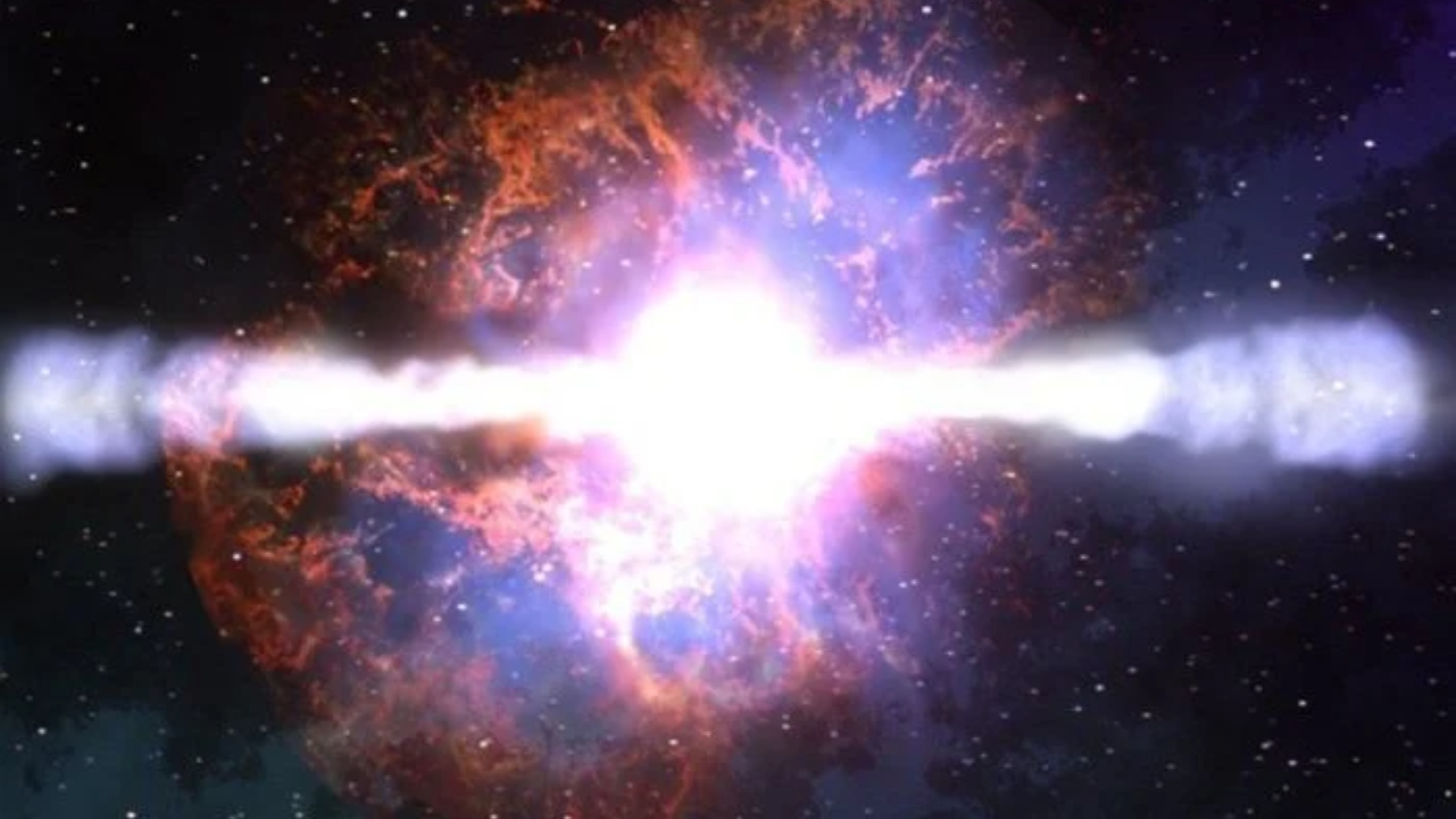If I ask you to tell me what comes to your mind when I tell you the word ‘radiation’, you might answer: DNA damage and cancer, right? Well, what if I told you radiation could be a positive thing for life in space? I know it sounds weird, but a recent study shows something nobody could have expected: radiation could help the existence of life in other places of space.
We heard about scientists finding clues of life on Mars, but this radiation idea is truly unbelievable. So, let’s find out more about it.
Radiation could help aliens live
If radiation is so dangerous, how come we don’t die from it here on Earth? This is possible because Earth has an atmosphere and magnetic field, which are kind of like a natural shield that protects us from most of this radiation. That’s why life exists on our planet Earth.
However, a new study has shone a light on radiation being helpful for life existence in other places in space, even in those that seem cold and empty.
How is this possible?
Let’s throw a scientific term: radiolysis. Don’t panic, we’ll explain what this is. Radiolysis occurs when very fast particles in space (cosmic rays) hit underground water or ice of a planet or a moon. This crash can release energy that could be used as food for microbes (tiny organisms), the same way we need energy to live.
Cosmic radiation and life in other places
To know where this could happen, scientists did some computer simulations to estimate how much energy radiolysis could generate in different places of the solar system. According to the results, the most promising places to find life due to cosmic radiation are:
- Enceladus, a Saturn’s moon with an ice layer and liquid water under its surface.
- Mars, the Red Planet, where it has already been found clues of underground water.
- Europa, a Jupiter’s moon with ice on its exterior and, probably, water under.
These places are dark, cold, and with no atmosphere. However, they do have water and are exposed to cosmic rays, so they could have conditions to make microscopic life survive under the surface.
Importance of cosmic radiation and life relationship
Before this study, scientists were focused on finding life in planets similar to Earth, meaning warm planets with atmosphere and solar light. But, with this new discovery, it has been proven it would be best to search cold and dark places too (when there is underground water and cosmic radiation that generates energy).
As astrobiologist Dimitra Atri, participant of this study, puts it: ‘’this discovery changes the way we think about where life could exist. It’s not just about looking for sunny planets, but also cold worlds exposed to cosmic radiation.’’
So… cosmic radiation destroys, but also helps life
I know it might still seem like a strange idea, but it could be an open window when it comes to the search for life in the universe. Thanks to this discovery, scientists are considering other places they discarded in the beginning because they were too extreme.
Now, we understand (a bit) that cosmic radiation is not a threat, at least for some cases it means a source of energy to make microscopic life. So, the universe could be full of life, even more than we might think.
Isn’t it fascinating the idea that the universe is constantly changing our idea about what’s going on out there? I mean, when we look at the sky we see a beautiful view full of stars, but we are not fully aware of what’s really happening in the universe. We’ll see if there are more studies on this matter.
